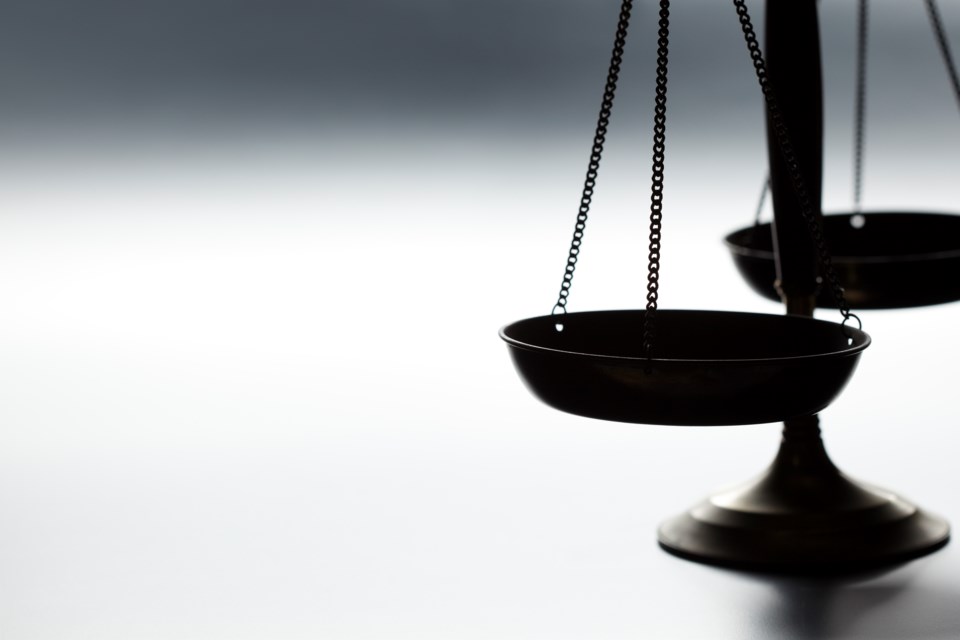There are many reasons why I would make a terrible judge — a lack of knowledge about the law is just one of them.
Even more damning would be my inability to grapple with that tricky distinction between what’s just and what’s legal.
It was certainly against the law for Rosa Parks to refuse to go to the back of the bus in 1955 Montgomery, Ala. But was it just that she be charged and convicted for doing so?
Regardless of the judge’s own beliefs, did he have much choice but to convict her? After all, he was presiding over “a court of law, not a court of justice,” as Oliver Wendell Holmes Jr. (a U.S. Supreme Court judge himself) said about a hundred years ago.
Holmes Jr. (1841-1935) was known for his pithy and candid insights.
This issue of doing the wrong thing for the right reason (or at least illegal thing) came up in the newsroom this week as we discussed a case playing out in Richmond Provincial Court where three environmentalists are being tried for mischief. (Page 7)
The accused were arrested last October following a protest near YVR organized by the group Extinction Rebellion.
At the time, about 50 climate activists, stood and sat in the middle of the road at the intersection of Templeton Street and Grant McConachie Way, the major intersection leading to Vancouver International Airport.
They were calling for an end to subsidies to the Canadian fossil-fuel industry.
While protesting is legal, choking off traffic at the main access point to an international airport clearly isn’t.
In court on Aug, 8, one of the protesters, Susan Bibbings, who may actually face jail time, said she is so overwhelmed with anxiety about the climate emergency that she had to do something.
The prosecution is arguing Bibbings should be jailed for a week because while these Richmond charges were pending, she participated in yet another protest where she glued her hands to the road leading into the Horseshoe Bay Ferry Terminal, another traffic choke point.
In other words, we’re talking about peaceful actions intended to create maximum infuriation among the general public.
In another Extinction Rebellion demonstration, a protester sat atop a 10-foot-high ladder in the middle of the highway, just north of the Massey Tunnel — at rush hour.
While most drivers stopped so as to not knock the guy down, one decided to skirt around him. It so easily could have been an even uglier scene.
While there’s no question these actions garner attention, some would say they do nothing to stop climate change. Rather, they just alienate people as they sit idling in their cars.
Then, again, some would say Rosa Parks’ action only fueled racial tensions and inspired a backlash from white supremacists. So should she not have done it?
Point being, it’s a tough call. I doubt even the judge who is about to decide the fate of the three accused environmentalists would disagree we’re facing a climate emergency. But are we at a point where the situation is so dire and options so limited, these kinds of actions are justified?
As one of the co-accused said, he has tried other ways to raise awareness about the climate emergency, including staging a 13-day hunger strike, but nothing has had an effect.
I do believe the climate situation is dire, but I also believe there are legal, and probably more effective, tools for change. To believe otherwise is just too depressing.
Regardless, to saddle these people with a criminal record and possibly jail time, I couldn’t do — even if that’s the law.
Again, why I’d make a terrible judge.




